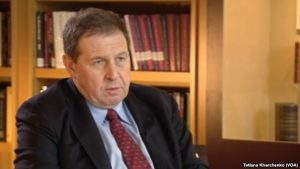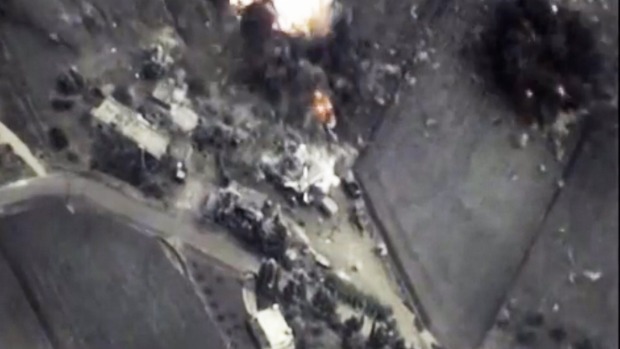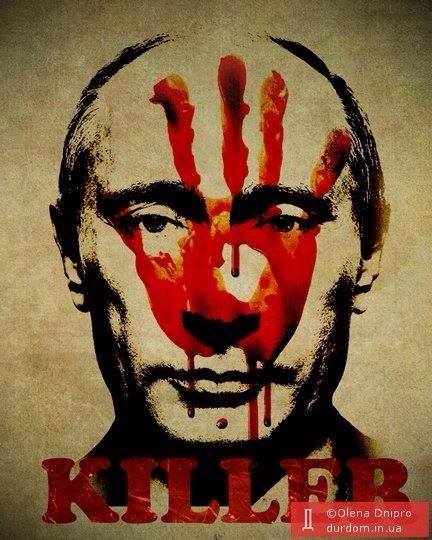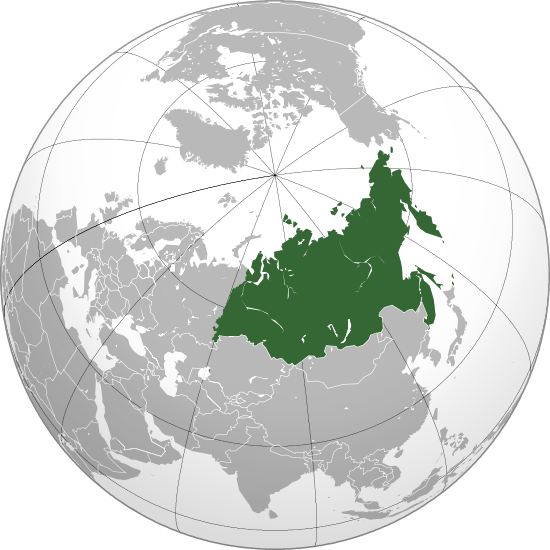Events of recent days may have obscured what is the most important development of all: Vladimir Putin appears to be preparing for a Russian military strike against Saudi Arabia and Qatar, a move that would dramatically worsen the situation in the Middle East and send oil prices soaring, according to Andrey Illarionov.

He argues that Russia’s bombing of targets in Syria, Putin’s success at the G20, “the de facto paralysis of NATO,” Russia’s acquisition of France as an ally, US intelligence sharing with Russia, and proposals for restructuring of Ukraine’s debt distract the world’s attention from Moscow’s preparations for such attacks.
The Moscow analyst says that “the vigilance of the West has been weakened” by this series of events, thus opening the way for Moscow to carry out a strategic operation that it has been hoping to launch against “military, infrastructure and energy sites in Saudi Arabia and Qatar.”
As he typically does, Illarionov presents a careful listing of the evidence he has for his conclusion which if true would highlight some of the dangers involved of including Moscow in any alliance to fight international terrorism because such attacks would almost certainly provoke more of it.
Illarionov calls attention to 15 indicators or steps he suggests show that Putin is planning for such attacks:
- Moscow knew that terrorist shot down the plane over Sinai “at a minimum on the third day after” it occurred.
- But the Russian authorities did not announce that they knew until “after the conclusion of the G20 summit in Antalya in order to “avoid a practically inevitable discussion in that event of the nature of the possible Russian response to the terrorist action.”
- However, “in order not to lose time,” Moscow announced that it was a terrorist act as soon as the Antalya summit was over.
- The FSB immediately then put out details that it had not been prepared to release earlier.
- Putin said that Russia would do whatever it took “to find and punish the criminals” regardless of when they acted or where they are now.
- The Kremlin leader said that he had tasked all of Russia’s force structures to come up with a plan that would deal with all those involved.
- Putin declared that Russia “will act in correspondence with Article 51 of the UN Charter which recognizes the right of states to self-defense,” thus cloaking himself in international law for a possible act on particular states.
- Already at Antalya, Putin had said that it was necessary to strike at those who “finance terrorist activities,” a group of countries which include Saudi Arabia and Qatar.
- The FSB announced in an unprecedented move that it was offering a 50 million US dollar reward to anyone who could provide evidence about the terrorist acts and these links, an amount certainly guaranteed to lead some to provide what they see as evidence of Saudi or Qatar complicity.
- Such attacks would be unthinkable, of course, if the US acted in defense of those countries; but that is unlikely. On the one hand, the US is less dependent on oil from there than it was; and on the other, President Barack Obama, compared to his predecessors, is less willing to act in that way.
- “The Kremlin’s conviction that the current US Administration is hardly likely to support Saudi Arabia has been essentially strengthened by the refusal of the US and the UK to support not only Saudi Arabia or Ukraine but even France, a member of NATO, in its assessment of the Paris terrorist actions as an act of war and consequently to invoke Article 5 of the NATO Charter.”
- This refusal contrasts sharply with what happened after September 11, 2001, and prompted French President Francois Hollande to go to Moscow and seek an alliance with Putin.
- “The vigilance of the West has been weakened as well by the changes at first glance of the Kremlin’s course,” including the bombing of ISIS targets in Syria and a more positive stance on restructuring Ukraine’s foreign debt, changes that have been amplified by “a massive propaganda campaign of the Kremlin and the Putinintern.”
- Consequently, “in the near future, Saudi Arabia (and possibly Qatar) could be declared sponsors of international terrorism and thus one way or another involved in the deaths of hundreds of Russian citizens. Invoking Article 51 of the UN Charger, the Kremlin could carry out an operation of revenge.”
- The consequences of such attacks on oil prices are obvious, and the refusal of the US and the UK to invoke Article 5 of the NATO Charter for the defense of France marks the de facto paralysis of this organization and in essence an open invitation to the carrying out of new aggression against its other members.”





